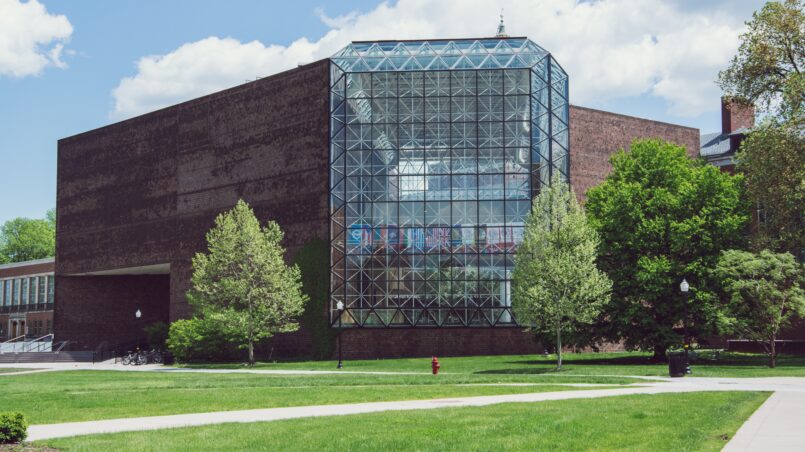As we move into 2021 and 2022, the biggest questions mark for many real estate professionals is the Student Housing market. Where is it going?
With so many different viewpoints, there may not be one answer only. Let’s take a look.
The first wave of “adjustments” has to be the current CV-19 restrictions, which almost all college campuses are facing. In spite of these however, the student housing market seems to be a bull market. According to REALPAGE we’re enjoying a relatively positive outcome as the 2020-2021 school year is between 12% and 20% below seasonal averages.
At a time when many are limiting their outside activities or simply “staying home” I’m hard pressed to find a comparable segment of the real estate market which has performed so well when facing this much pressure. As many programs have moved to online delivery, I remain bullish on off-campus housing.
That’s right…Off-campus housing.
As many institutions are forced to make difficult choices, housing, especially in large and mid-size cities are expected to see a shift from on-campus to off-campus. How fast that happens? We will soon find out.
The second factor to consider is the integration of online learning. Although the concept has been around for a long time, its ubiquity has been lacking. In fact, it’s been downright rejected by many students, and why not? It previously meant more work for them. But wait! Things have changed. Online learning is now easier and much reliable. Undertaking the exercise of rising early, actually putting on pants, and then commuting to class is a part of history for a large part of the latest crop.
According to Inside Higher Ed, it makes a lot of sense to make this part of the educational experience on a permanent basis. Similar to how certain students are visual learners and others are auditory learners, certain elements should be covered in class, while others are best delivered online.
That’s two gold starts for student housing.
The third topic is one of the most emotive for students and parents alike. Student debt.
As witnesses on Fox News, the political discussion around what to do with the billions owed is far from over. On the one hand, the argument of “moral hazard” floats straight to the top, but on the other hand, not forgiving any amount will lead to bigger consequences. So many Americans will never reach their full potential. While there is no exact estimate for a student loan forgiveness price tag, the Congressional Budget Office estimated that merely the cancellation of $10,000 in student debt for all borrowers could cost between $250-300 billion, piling on to the growing national debt of over $27 trillion.
Instead, this paves the way to the concept of Targeted Education. As discussed on EdNews Daily “Targeted teaching is all about setting students up for success. Rather than hoping a certain topic hits the mark, it provides a progressive framework to ensure chosen tasks are purposeful, practical, and personal for the given learner. Progressing inwards from the outermost ring represents the powerful, and all important, evolution from Memory to Meaning to Me”. As far as I’m concerned, a great idea.
So, where is student housing really going to be in 5 years, 10, years, and beyond?
One thing for sure is that it will depend on what’s done by the educational providers. Will education become one standard across the board? Similar to the drugs industry? Everyone is offered the generic brand at a minimal cost (which includes tax subsidies, grants, etc.)? And for those who want the recognizable name brands…well they’ll have to pay extra.
Only time will tell, but in the meantime, I’ll be lined up at the starting line with the other bulls, ready to take on the crowds. Whether dorms remain dorms or become a student version of a “workshare space” remains to be seen. But if there’s one thing I’m willing to bet on, it’s that the need for in-person interactions will remain important and those university-aged students will want their own space.
I want to hear what you have to say. Add your thoughts to the comments and let’s keep this conversation going.
– For Real Estate Trends, I’m Moses Gross.






